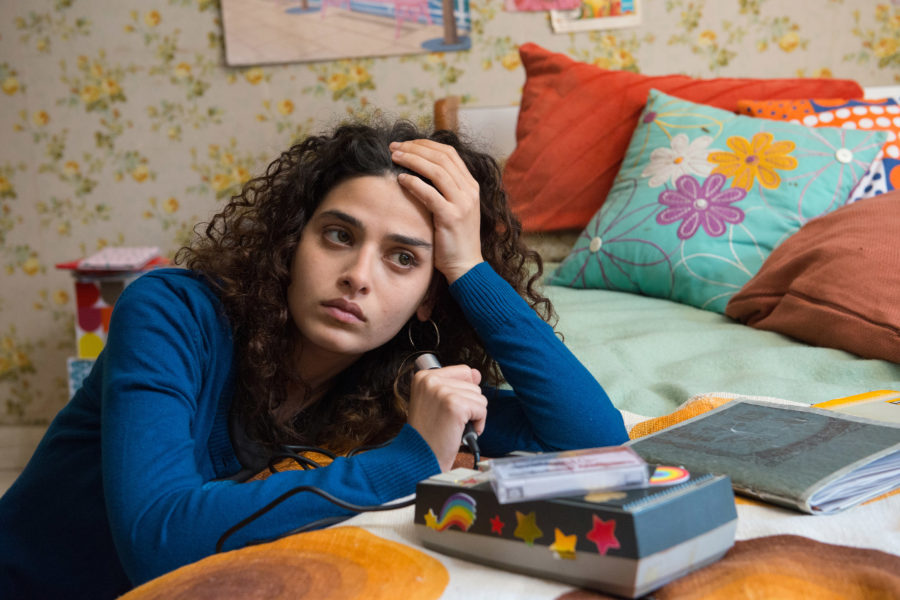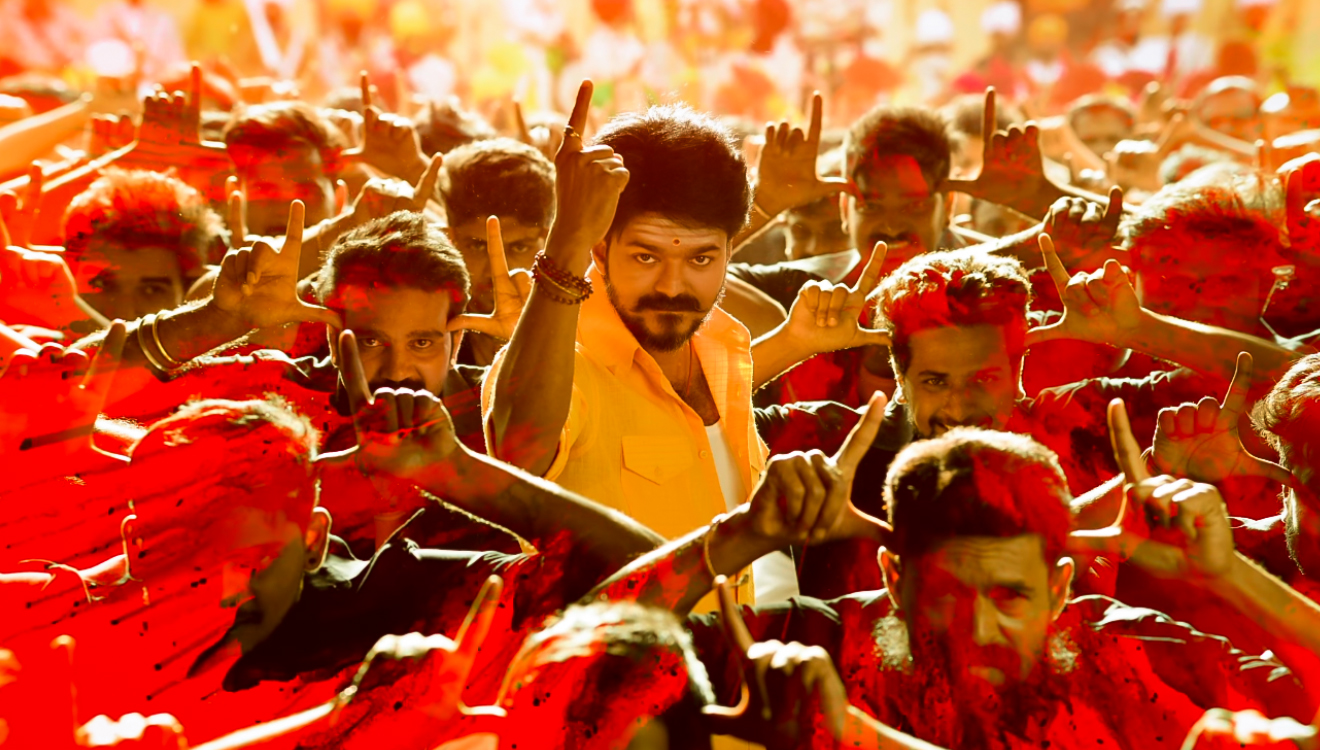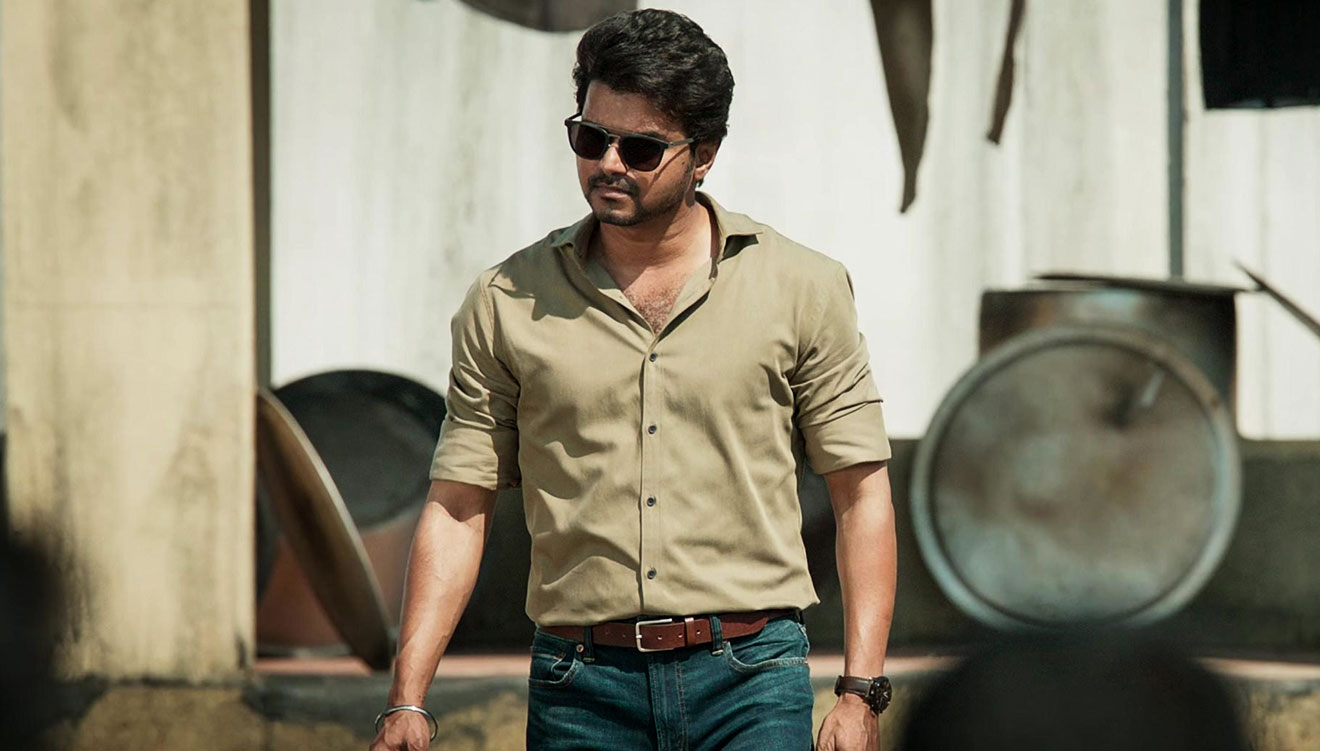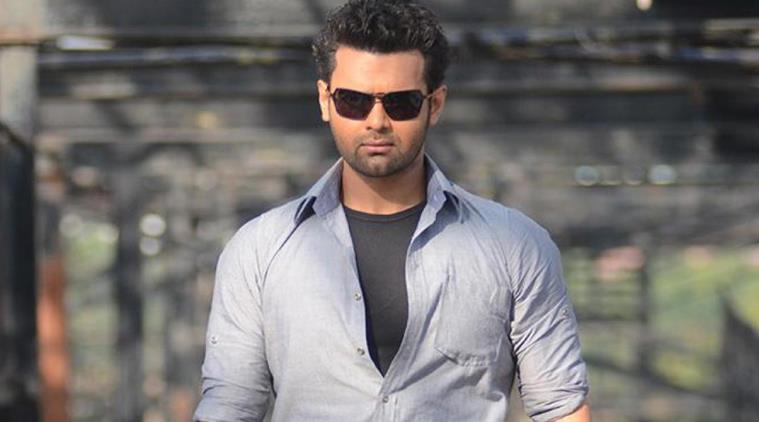In Shengze Zhu’s A River Runs, Turns, Erases, Replaces, the camera is on perennial lockdown. It’s pure documentation of Wuhan as it existed, exists and remembers. The film begins in the heady days of February and March 2020, when Wuhan was the epicentre of both the Covid-19 pandemic and conversations around the world.
Premiering at Berlin International Film Festival, Zhu’s film reminds us that the 2020 edition of Berlinale was the last pre-pandemic, normally run film festival. We see surveillance footage with date and time, like a high quality CCTV camera that looks out at an intersection in Wuhan from February to April. A deserted city centre gradually becomes mobile, first with conservancy workers – one of them has a single piece of garbage to pick up – followed by a few people, delivery pick-ups, ambulance sirens and alarms as we move to April with the lockdown lifting and people moving. But Zhu, who has been steadfast in following China’s modern cultural developments follows up her 2019’s Tiger award winning Present.Perfect with A River Runs, Turns, Erases, Replaces goes back to Wuhan as it should and must exist in public consciousness – people about town, crossing the Yangtze by road and ferry, steamboats in the harbour and business district lights coming on across the river as we hear murmurs of a football game, a mid-air football and people walking their dogs, no mask in sight.
Zhu’s film is an attempt at reversing Wuhan’s displacement in the eyes of the world. Giving it back the rightful place or where it belonged, a cultural and business capital in central province of the country. With echoes of racism and phobia around the world and murmurs of “Chinese virus” still at large while the vaccination drives rollout, this is a film that captures people going about life as everyone knew.
Bridges being built, having conversations, playing a sport or even the ruins of buildings razed to the ground. The images are bookended by readouts of letters, written to a partner, a grandmother, a father and a brother, all taken by the pandemic but their distinct imprints on the city intact. The imprints pre-2020 that Zhu captures in images. And every image is from around the river, a symbol of the city itself, how vast it is, how it continues to run, create and destroy memories as people traverse it in all forms.
Memories come in all forms in Joana Hadjithomas and Khalil Joreige’s Memory Box as they continue to grapple with the aftermath of wartime upbringing. The film unfurls with the words “Freely adapted from correspondence of Joanna Hadjithomas 1982-1988”, the years marking the height of Lebanese Civil War.
Maia’s (Rim Turkhi) daughter Alex (Paloma Vauthier) is locked down too in Canada but due to a snowstorm and her escape is through the digital box she holds in her hands, corresponding with friends on video and chat groups. She realises how little she knows about her mother as a box arrives at her doorstep on Christmas with her mother’s teenage keepsakes – letters, cassettes, photographs and negatives. As she clicks instant photographs of her mother’s younger self – running after romance and youth more than running away from the blitzkrieg of war – to share with her friends, her mother tries to get a thirty year old roll of film developed.
Recommended
Hadjithomas and Joreige’s film possesses a formal allure, its wartime Lebanon juxtaposing rebellious teenage years, watching 1982 FIFA World Cup and heroics of Paolo Rossi, with the trauma of war and losing loved ones. The first world countries competing in the tournament are involved in some form in the civil war. The irony of Memory Box premiering at Berlinale less than a week after US bombed Syria – countries with heavy investment in the civil war then – isn’t lost either. A shot of young Maia (Manal Issa) and her boyfriend Raja on a motorbike as explosions ravage behind them could be from an action potboiler but in Memory Box it attains special poignancy.
Alex’s French and her grandmother’s Arabic jostle for space as the director duo deftly handle similar jostling of 80s memory boxes with Alex’s constant fiddling with her smartphone and social media. Corners of frames burn out and Maia’s negatives yield foggy memories – making her question the credibility of her own memory. Is she sad because she can’t remember or because she can’t tell how much of what she recalls is true? The themes of Memory Box can be heavy, but it lands light on its feet with a lot of frolic in the way it is framed and designed making it a film one won’t forget for a long time.



